Income is a vital part of a bank’s evaluation how much and if at all they should lend to a prospect borrower.
Banks will therefore do extensive verification to make sure a borrower’s alleged income is legit and accurate.
It is important for prospect borrowers to make sure their tax returns are filed correctly and accurately. This will save them much time and aggravation when applying for a mortgage
When and how many tax returns are required
Income derived from pretty much any source other than wage earnings, employees receive from their employer, is verified through the most recent years tax returns.
For borrowers who are self-employed for more than 5 years, banks will typically use the most recent year of tax returns to calculate qualifying income, while borrowers who are self-employed for less than 5 years will generally need to average out the income from the previous 2 years of tax returns.
If 2 years of tax returns are required, banks will look for a trend in the income. If there is a decline, they will do additional analysis to determine the stability of the business.
Upon analysis, the bank will decide to either go with the current lower amount, or if they determine that this business is not stable, they will disqualify any income from this business altogether.
Non-Recurring Income and Non-Recurring Expenses
When calculating income from a prospect borrower’s tax returns, banks will look for the annual cash flow, to project what the expected income will be for future years. It is important to understand that taxable income and income banks use for qualifying purposes are not the same.
Say for example someone sells his house, consequently reflecting a very large number for his taxable income. Such a prospect might feel super confident with his tax returns; however, the bank might not feel the same way.
Think about it, banks are lending to be paid back over the duration of 30 years. The one-time sale of a house doesn’t assure the bank this borrower will have enough income to cover these payments for the next 30 years.
In this case, banks will deduct the profit from the sale from the net income reported on the tax returns, and it will not be used towards qualifying income.
Unless a borrower can show they have a history of selling houses and they own more houses that they can sell in future years, proceeds from such a sale cannot be used for qualifying income.
For this same reason, someone who owns a restaurant and made a large one-time purchase for a new oven, would be able to add back the expense of the oven to his qualifying income.
For tax purposes, he can write-off the purchase as an expense and deduct it from his taxable income. However, banks will analyze the purchase, and if they determine that the restaurant does not have to buy a new oven every year, they will add back the amount of this purchase to the borrower’s qualifying income, since in future years when he will not have this expense the money spent on the oven will be actual income.
Banks are looking for recurring income. They will therefore subtract any non-recurring income and add back all non-recurring expenses.
It is important to properly label deductions. If a one-time expense is labeled as ‘supplies’ which is presumed to be a recurring expense, it may complicate one’s ability to later claim that this expense was really a non-recurring expense and should therefore be added back to their qualifying income calculations.
Tax Deductions
Another big difference between taxable income and qualifying income, is tax deductions.
There are many deductions one can take advantage of when filling taxes. Tax deductions are allowances in which one may deduct from their total earnings and only be taxed on the remainder of their income.
One of the more common deductions is depreciation.
Depreciation is not an actual expense one has to pay throughout the year, rather there is an allowance for property owners, that for tax purposes they are allowed to deduct the depreciation of their properties from their annual income. Many property owners use this deduction to save thousands of dollars on their annual tax bill.
Another common deduction is the ‘home office’ deduction. For those who have offices and work out of their own home, there is a tax deduction which allows them to deduct expenses for the business use of their home.
Since these deductions aren’t actual expenses, banks will add the amount of these deductions back to your qualifying income calculations.
Tax Returns Should Match Your Claimed Expenses
Many business owners have cars and credit cards that are linked to their personal name and credit report, but in reality, these cars and credit cards are business expenses.
In order to omit these liabilities from the borrower’s debt to income ratio, they will need to provide documentation evidencing these expenses are business expenses. With proper documentation, these expenses will not be calculated towards the borrower’s monthly obligations.
The bank will review these documents and compare them to the previous year’s tax returns.
If the borrower is claiming that his business has a monthly car expense of $500, there should be an auto expense of $6000 on his tax returns. If there is no such expense on his tax returns, banks will subtract $6000 from the borrower’s income to cover this car expense.
Income from Investment Properties
Investment properties are great.
Besides for the income derived from the property, there are many tax benefits one can gain from having investment properties. It is important however, to keep a good record for each property.
Property owners want to keep records for each of their properties separately, rather than keeping records of all their properties conjointly.
When it’s time to file taxes on these investment properties, property owners don’t want to start racking their brains trying to figure out what expenses were from which property.
When the income and expenses from multiple investment properties are lumped together as one sum, it is quite difficult for the bank to assess how each individual property is performing. This can turn out to be an issue when applying for a mortgage.
Another important thing to take note of when filing taxes for investment properties is the fair rental days. If someone bought a property in the middle of the year and therefore only collected rent for 175 days, it is important to indicate that on their tax returns.
This can easily be overlooked, thus giving the bank the impression that the rents received were from 365 days rental when in fact it was from far fewer days, resulting in the bank understating the projected rents from this property.
Corporations
Why do banks need full business tax returns, if they already have the borrower’s personal returns which show the bottom-line income or loss from all the borrower’s businesses?
Say a business shows nice income, but the business has many large loans that are due within the next few months.
What will happen when these loans come due, will the business be able to repay these loans?
What if all the income derived from a given business is distributions from a loan, and this business never really had any income?
The net income/loss reported on personal tax returns does not tell the complete story.
To get a better picture of the solidity of a business, banks will review the full business tax returns, and any loan due within 12 months will be deducted from the net income for qualifying purposes.
There are 2 boxes on business tax returns where the sum of loans a business has are to be indicated. One box is for loans due within the next 12 months, while the other box is for loans due in more than 12 months. These boxes can easily be overlooked and mistaken, having major implications when applying for a mortgage.
Lower Distributions Than Income
If the distributions from a corporation is less than the income reported, the bank will analyze the business and make sure the business has enough liquidity for the owner/partner to take out their uncollected income.
If the business fails the liquidity test, the bank may not use the income from this business for qualifying purposes.
Parsonage
Religious clerks are entitled to some extra tax deductions.
Rabbis, ministers, priests, and any other religious leader can have their housing and home furnishing expenses excluded from taxation.
This allowance is known as ‘parsonage’.
Since parsonage isn’t taxed, banks will gross up parsonage income, adding an additional 25% to the parsonage income received, for qualifying purposes.
Your tax returns will have implications on your mortgage eligibility. Make sure your taxes are filed correctly, and your deductions are properly labeled. A few minutes spent upfront making sure your taxes were filed correctly can save you many hours and much aggravation fixing mislabeled and incorrectly filed tax returns.

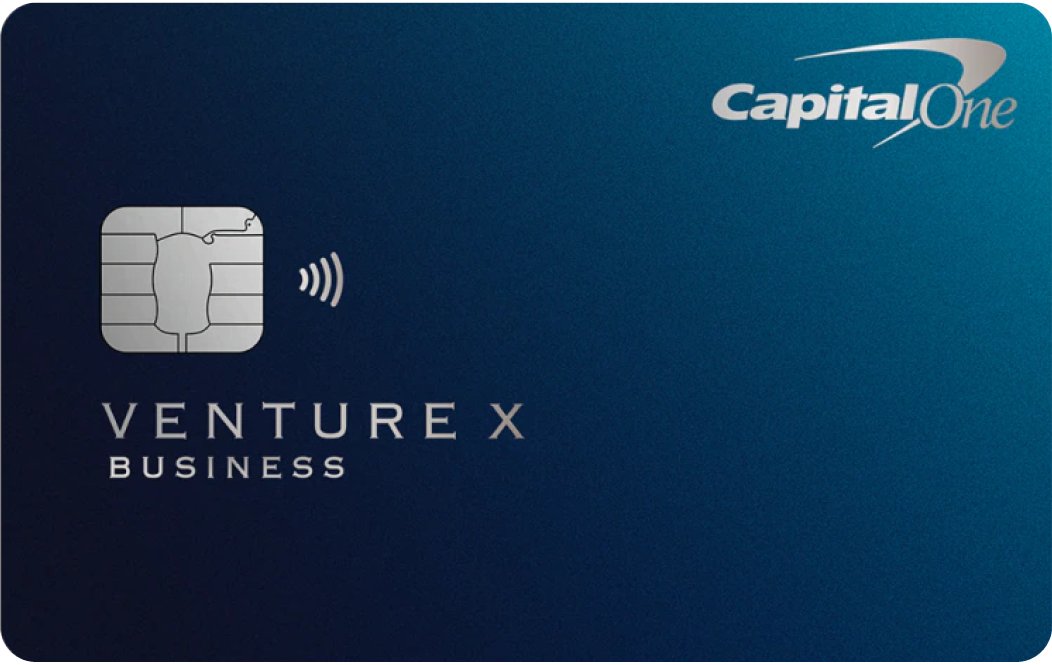
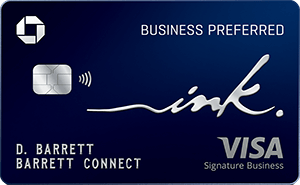
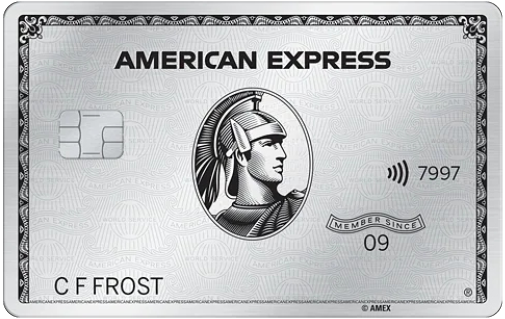
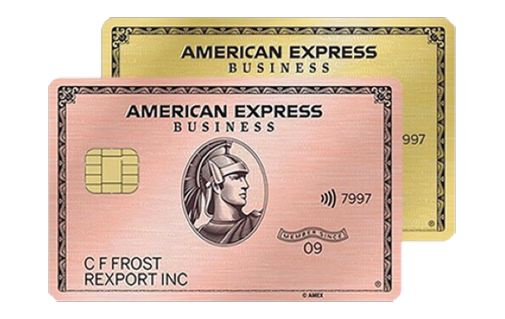
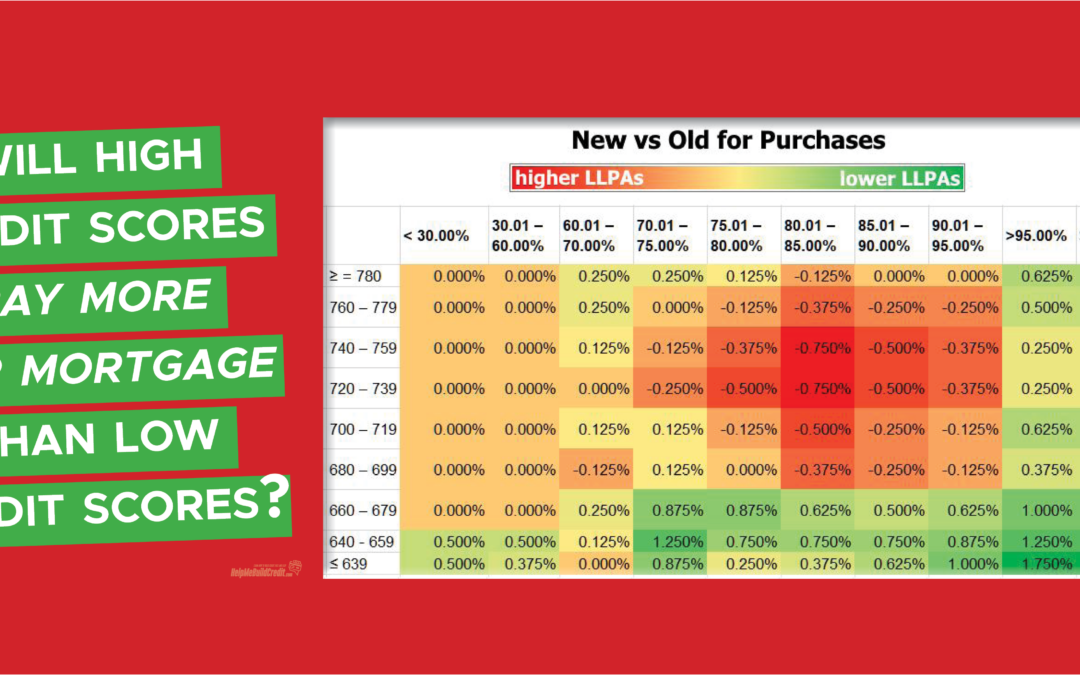
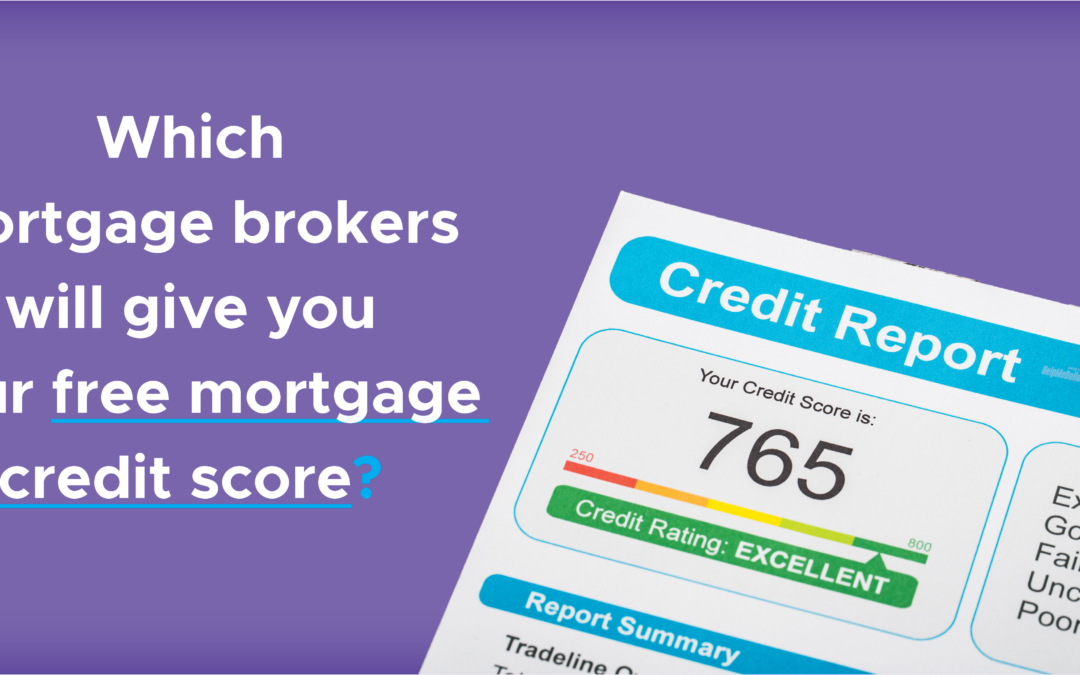


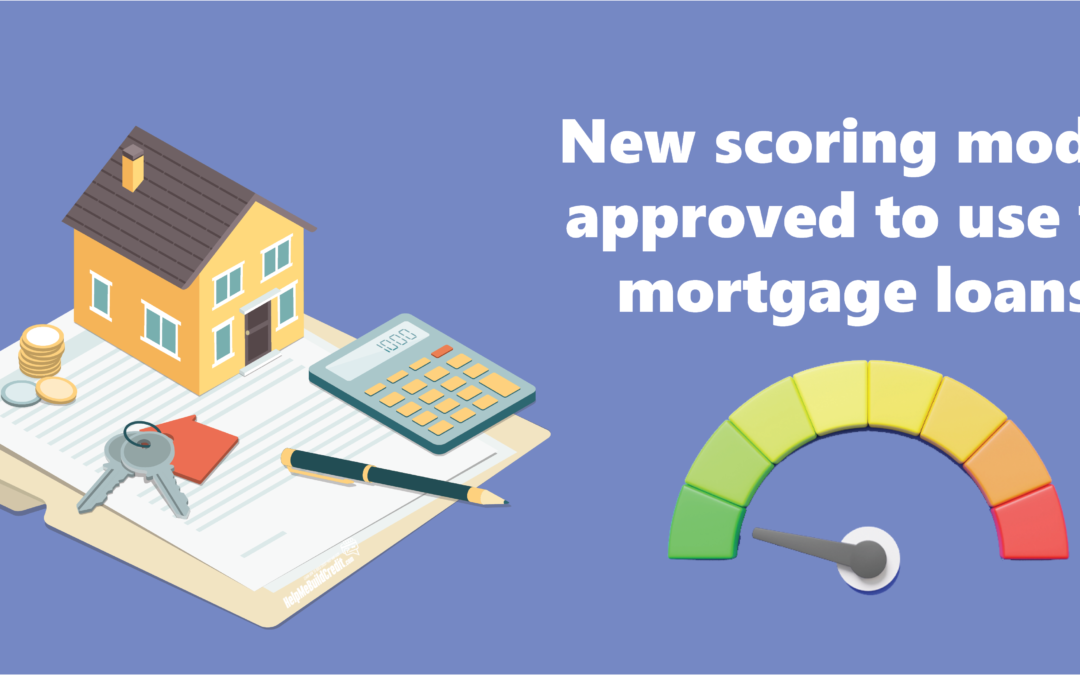
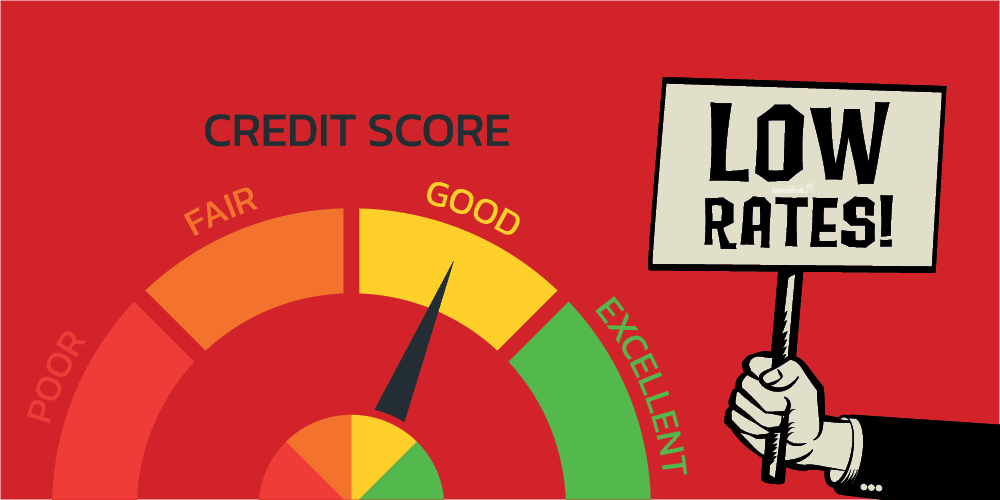






0 Comments